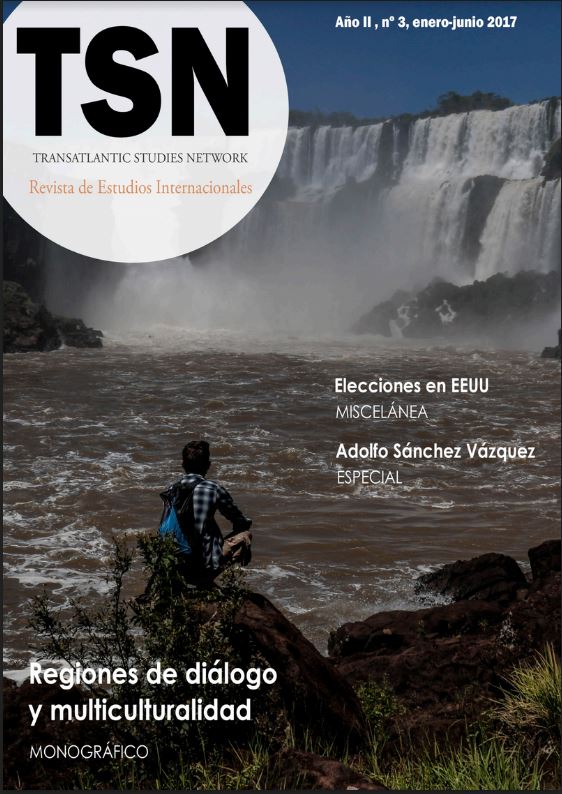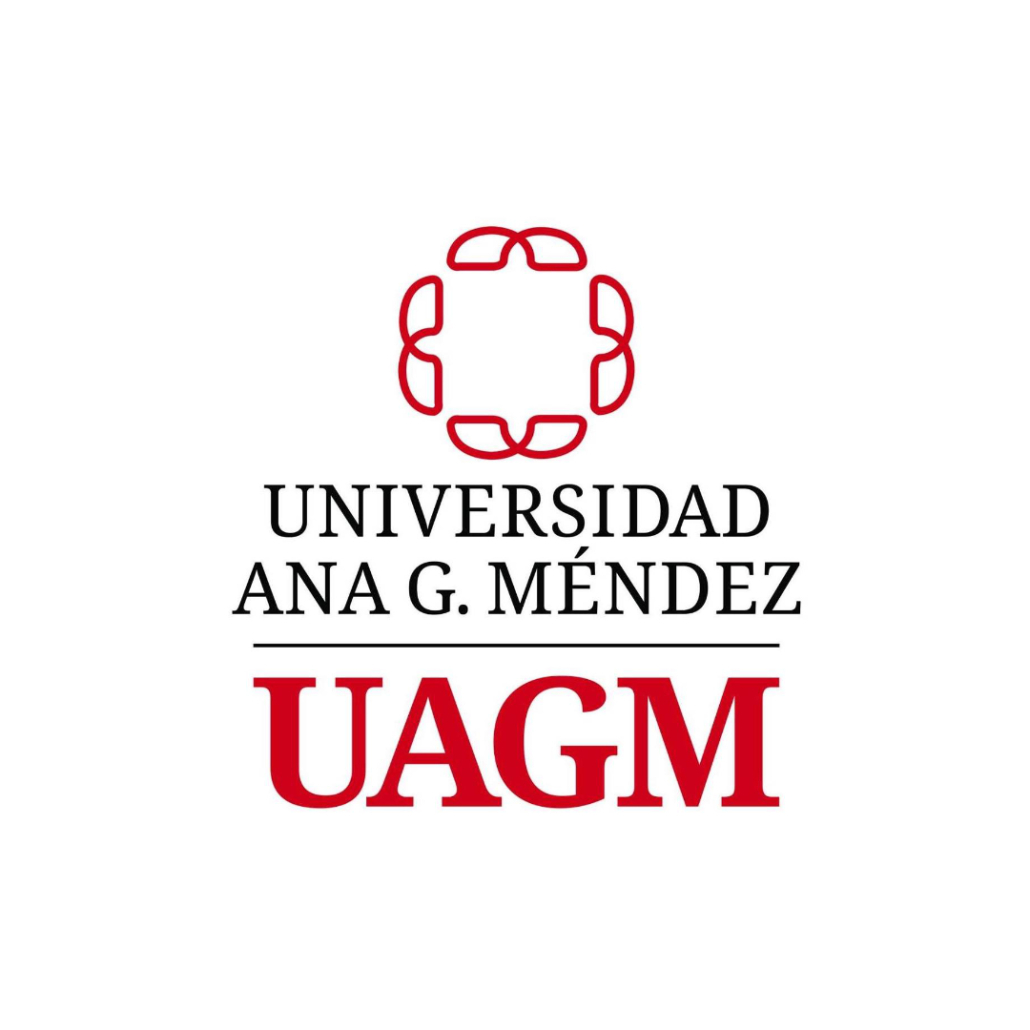La política del miedo. Ansiedad Económica y nacional-populismo en el brexit y las elecciones de EEUU
DOI :
https://doi.org/10.24310/tsn.3.2017.19273Mots-clés :
Globalización, Nacional-populismo, Brexit, Elecciones EEUURésumé
El año 2016 pasará a la historia como el año del Brexit y de la victoria de Donald Trump en EEUU. Ambos fenómenos marcan sin duda un antes y un después en el que, hasta ahora, parecía imparable el empuje de la globalización y de la integración económica global. En este artículo revisamos ambos procesos a la luz de la teoría de los perdedores de la globalización. Mostraremos que existe un creciente descontento ante el desigual reparto del crecimiento que produce la globalización. Mostraremos, asimismo, que ese descontento va más allá de los llamados perdedores reales de la globalización. Señalaremos, finalmente, que ese sustrato es, junto a otras causas, lo que alimenta el ascenso del nacional-populismo en las democracias occidentales.
Téléchargements
Métriques
Références
Ashcroft Polls, L. (2016), How the United Kingdom voted on Thursday... and why, 24 de junio.
Baldwin, R. E. (2016), «Introduction», en Richard E. Baldwin (2016), Brexit Beckons: Thinking ahead by leading economists, CEPR Press.
BBC edit (2016), EU referendum: The result in maps and charts, 24 de junio.
Bell, T. (2016 A), «Four Decades of Discontent...», Resolution Foundation, noviembre.
—(2016 B), «The invisible economic catastrophe that Donald Trump spotted», New Statesman, 10 de noviembre.
—(2016 C), «Elephants, globalisation, and why we shouldn’t let domestic policy makers off the hook on living standards», Resolution Foundation, 13 de septiembre.
Bui, Q. (2016), «The Geography of US Inequality», The Upshot-NYT, 6 de septiembre.
Censo de EE UU, Cr en «The middle-class American family saw the largest income boost on record last year», Quarz, 13 de septiembre de 2016.
Chetty, R., Grusky, D., Hell, M., Hendren, N., Manduca, y R. Narang, J. (2016) «The Fading American Dream: Trends in Absolute Income Mobility Since 1940», The Equality of Opportunity Project.
Corlett, A. (2016), «Examining an elephant: globalisation and the lower middle class of the rich world», Resolution Foundation Papers, 13 de diciembre.
Coyle, D. (2016), «Brexit and Globalization», en Richard E. Baldwin (2016), Brexit Beckons: Thinking ahead by leading economists, CEPR Press, pp. 23-29.
Darvas, Z. (2016), «High Inequality and Poverty Helped Trigger the Brexit Protest Vote», LSE documents, noviembre.
Davis, B. y Hilsenrath, J. (2016), «How the China Shock, Deep and Swift, Spurred the Rise of Trump», The Wall Street Journal, 11 de agosto.
Dobbs, Madgavkar, R. A., Manyika, J., Woetzel J., Bughin, J., Labave, E. y Kashyap, P. (2016), «Poorer than their parents? A new perspective on income inequality», McKinsey & Company.
Dorling, D. (2016), «Talking about Brexit», BBC Newsnight, 29 de septiembre.
Ehrenfreund, M. y Clement, S. (2016), «Economic and racial anxiety: Two separate forces driving support for Donald Trump», The Washington Post, 22 de marzo.
Freund, C. (2016), «Deconstructing Branko Milanovic’s Elephant Chart: Does It Show What Everyone Thinks?», Peterson Institute for International Economics, 30 de noviembre.
Gardiner, L. (2016), «Stagnation generation», Resolution Foundation Report, julio.
Hellebrandt, T. y Mauro, P. (2015), «The Future of Worldwide Income Distribution, Peterson Institute for International Economics», Working Paper 15-7, 1 de abril.
Hjorth, F. (2016) «Who benefits? Welfare chauvinism and national stereotypes», European Union Politics Vol. 17 (1), 3–24.
Hunter, J. D. y Desportes, C. (2016), The Vanishing Center Of American Democracy. Survey of American Political Culture, IASC, 2016.
Jacobs, M. y Mazzucato, M. (2016), The Brexit-Trump Syndrome, LSE Papers, noviembre.
Kolko, J. (2016), «Trump Was Stronger Where The Economy Is Weaker», Five Thirty Eight, 10 de noviembre,
Lakner, C. y Milanovic, B. (2015), «Global Income Distribution: from the Fall of the Berlin Wall to the Great Recession», The World Bank Economic Review, agosto, pp. 1-30.
—(2016), «Response to Adam Corlett’s "Examining an elephant: globalisation and the lower middle class of the rich world"», CUNY, GC Paper, septiembre.
Lizza, R. (2016), «Steve Bannon’s Vision for the Trump Coalition After Election Day», The New Yorker, 16 de octubre.
Long, H., «71% of Americans believe economy is "rigged"», CNN, junio.
Luhby, T. (2016), «Top 1% see incomes soar 188%. Everyone else ... not so much», CNN, 9 de julio. http://money.
cnn.com/2016/06/08/news/economy/top-1-income/
Milanovic, B. (2016), Global Inequality, Harvard University Press.
Mishell, L., Gould, E. y Bivens, J. (2015), Wage Stagnation in Nine Charts, Economic Policy Institute, enero.
Mounk, Y. en conversación con Blyth, M. (2016), «The Rise of the Global far Right», WNYC, 30 de noviembre.
Mulholland, M. (2012), Bourgeois Liberty and the Politics of Fear, Oxford University Press.
Muñiz, M. (2016), «Populism and the Need for a New Social Contract», Social Europe, 11 de octubre.
NBC/The Squire, American Rage: News Survey, 3 de enero de 2016.
Norocel, O. y C. (2016), «Populist radical right protectors of the folkhem: Welfare chauvinism...», Critical Social
Policy, vol. 36 (3): 371–390, 2016.
Ostry, J. D., Loungany, P., Furcery, D. (2016), «Neoliberalism: Oversold?», Finance and Development, junio de 2016, vol. 53, 2.
Pew Research (2016), Gop gained ground in middle-class communities in 2016.
—(2002-16), Global Attitudes.
Piketty, T., Saez, E. y Zucman, G. (2016), «Economic growth in the United States: A tale of two countries», Washington Center for Equitable Growth, 6 de diciembre.
Quinnipiac, C. University Poll (2016), Deep Dissatisfaction Among US Voters, abril.
Rothwell, J. y Rosell, P. D. (2016), «Explaining Nationalist Political Views, The Case of Donald Trump», Gallup-SSRN, 2 de noviembre.
Schumacher, G. y Kersbergen, K. (2016) «Do mainstream parties adapt to the welfare chauvinism of populist parties?», Party Politics, vol. 22 (3), pp. 300–312.
Silver, N. (2016), «The Mythology Of Trump’s Working Class’ Support», FiveThirtyEight, 3 de mayo.
Simic, C. (2016), «Expandable America», NYRB, 19 de noviembre.
Spiegel (2016), «The era of Angry Voter is Upon Us», 6 de julio.
Swales, K. (2016), Understanding the Leave Vote, NatCen
Taylor, P. (2002), Geografía política, Ed. Trama.
Williams, J. C. (2016), «Why so Many People don’t get About the US Working Class», Harvard Business Review, 10 de noviembre.
Williams, Z. (2016), «Think the north and the poor caused Brexit? Think again», The Guardian, 7 de agosto.
Téléchargements
Publiée
Comment citer
Numéro
Rubrique
Licence
(c) Tous droits réservés TSN. Transatlantic Studies Network 2024

Ce travail est disponible sous licence Creative Commons Attribution - Pas d’Utilisation Commerciale - Partage dans les Mêmes Conditions 4.0 International.




























